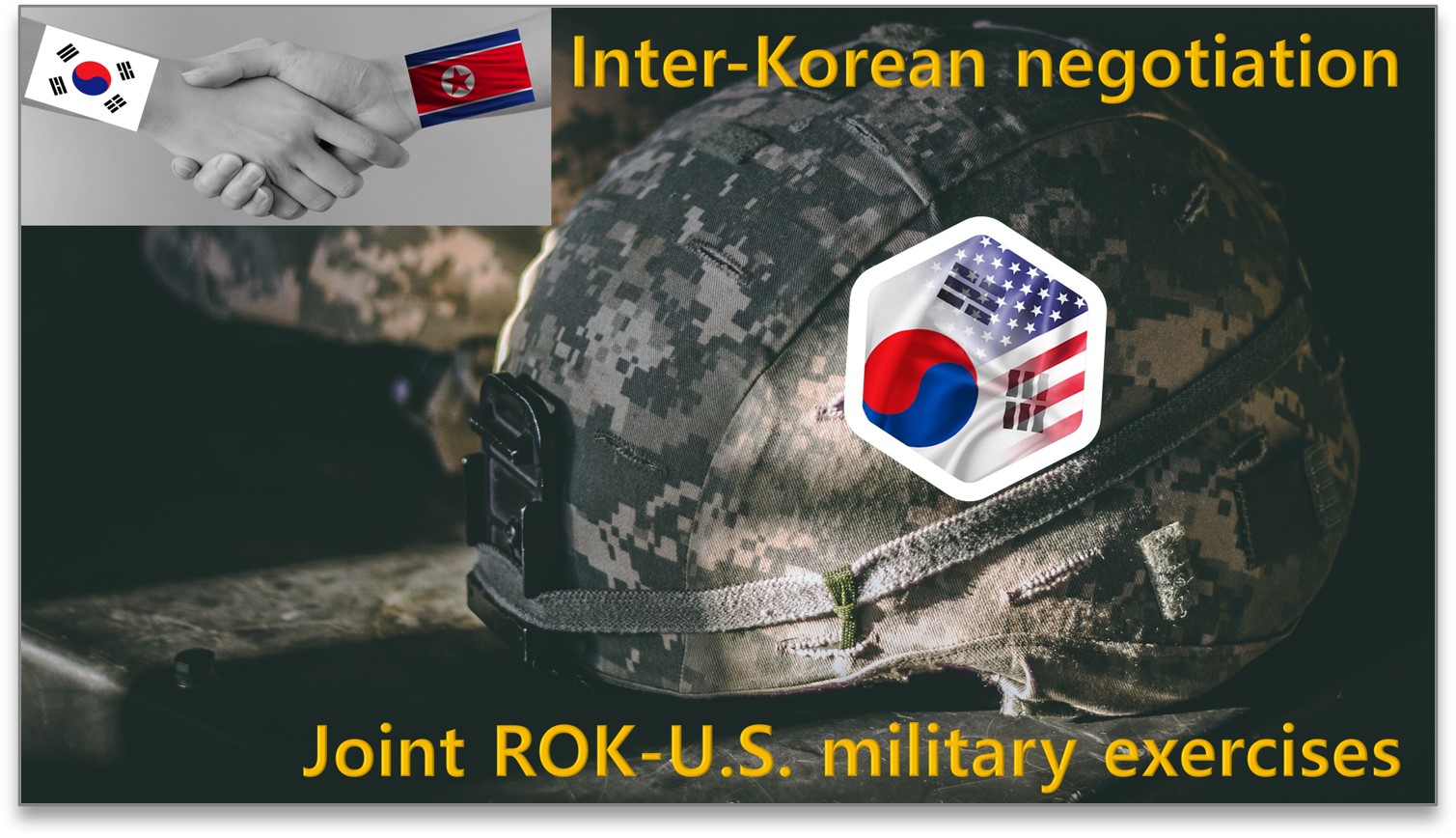North Korea’s reaction to ROK-U.S. Joint Military Exercises and negotiation behavior
DOI:
https://doi.org/10.37944/jams.v6i2.180Keywords:
joint ROK-U.S, military exercises, North Korea’s negotiation behavior, Inter-Korean dialogue, negotiation leverageAbstract
North Korea unilaterally suspended inter-Korean dialogue several times under the pretext of the ROK-US combined military exercise. This study aims to reveal that North Korea intends to engage in negotiating behavior to secure leverage in negotiations. To this end, this study analyzed the cases of inter-Korean negotiations during the ROK-US combined military exercise by dividing into cases of inter-Korean negotiations and cases of normal progress. The ROK-US combined military exercises were limited to large-scale joint exercises (such as FS and UFS). We set the analysis period was divided into Kim Il-sung, Kim Jong-il, and Kim Jong-un’s reign in consideration of the influence of North Korea’s supreme leaders. As a result, we derived the following four lessons. First, North Korea carried out inter-Korean negotiations even during the same ROK-US combined military exercise period or sometimes engaged in inconsistent negotiation behavior. Second, North Korea used inter-Korean negotiations, which were suspended during the joint military exercise, as a means of buying time by resuming them after the military exercise, but after a considerable period of time. Third, North Korea tends to suspend inter-Korean negotiations more than it does during the ROK-US combined military exercise since its first nuclear test in 2006. Based on these four lessons, we believe that North Korea has used the ROK-US combined military exercise as a leverage for negotiations.
Metrics
References
Anderson, D. M. (Ed.). (2014). Leveraging: A Political, Economic and Societal Framework. NY: Springer. https://doi.org/10.1007/978-3-319-06094-1
Cha, M., S. (2014). North Korea’s Negotiation Behaviors in the South-North Talks and North Korea-US Negotiations. Journal of Korean Political and Diplomatic History, 36(1), 151-184. https://doi.org/10.18206/kapdh.36.1.201408.151
Chung, S. H. (2015). A Study on the Intensity Change of the ROK-US Combined Exercise. [Master’s dissertation, Korea National Defense University]
Fitzgerald, F. S. (1925). The Great Gatsby.
Kim, D. Y. (2016). Joint ROK-U.S. Military Drill and North Korean Response: Between Fear and bluff. Review of North Korean Studies, 19(2), 83-112. UCI : G704-SER000003282.2016.19.2.001
Kim, Y. H. (2000). An Analysis of North Korean International Negotiating Behavior. Korean Journal of International Relations, 40(4), 291-310. https://www.kci.go.kr/kciportal/ci/sereArticleSearch/ciSereArtiView.kci?sereArticleSearchBean.artiId=ART002828671
Lee, M. S. (2017). Analysis of the Negotiation Proposal between Two Koreas on ROK-US Joint Military Exercise: Focusing on Team Spirit exercises in the early 1990s. Korea Journal of Military Affairs, 2, 35-70. https://doi.org/10.33528/kjma.2017.12.2.35
Moon, S. M. (2013). North Korea’s Negotiation Strategies and Response Strategy. STRATEGIC STUDIES, 29(57), 349-390. UCI : G704-001467.2013.20.57.002
Rubin, J. Z., & Brown, B. R. (1975). The Social Psychology of Bargaining and Negotiation. NY : Academic Press. https://doi.org/10.1016/C2009-0-03146-8
Seawright, J., & Gerring, J. (2008). Case selection techniques in case study research: A menu of qualitative and quantitative options. Political Research Quarterly, 61(2), 294-308. https://doi.org/10.1177/1065912907313077
Shell, G. R. (2000). Bargaining for Advantage: negotiation strategies for reasonable people. NY: Penguin Books. https://scholar.google.com/scholar?q=Shell%20G.%20Richard%20%20%20%20Bargaining%20For%20Advantage:%20Negotiation%20Strategiesfor%20Reasonable%20People%20Book.%20-%20s.l.:%20PUNGUIN%20BOOKS.
Shin, J. (2018). The Use of the US-ROK Joint Military Exercises in the Integrative Negotiation of the US-DPRK Summit Meeting in Singapore. Korean Journal of Political Science, 26(3), 135-149. https://doi.org/10.34221/KJPS.2018.26.3.7
Volkema, R. J. (2006). Leverage: How to Get It & How to Keep it in Any Negotiation. NY: Amacom. http://scholar.google.com/scholar_lookup?hl=en&publication_year=2006&author=R.+Volkema&title=Leverage%3A+How+to+get+it+and+how+to+keep+it+in+any+negotiation
Yang, M. J. (2003). North Korea’s Negotiating Behavior toward South Korea: Continuity and Change. Korea and World Politics, 19(4), 239-271. UCI : G704-000296.2003.19.4.007
Yoon, A. K. (2017). the North Korea’s response to the joint ROK-U.S. military exercise : a review on the threat perception. [Master’s dissertation, Korea National Defense University]
Yoon, A. K., & Ahn, K. M. (2018). North Korean Response to the Joint ROK-U.S. Military Exercise: Review of the Threat Perception Variable. The Quarterly Journal of Defense Policy Studies, 34(1), 71-111. https://doi.org/10.22883/jdps.2018.34.1.003

Downloads
Published
How to Cite
Issue
Section
License
Copyright (c) 2023 Journal of Advances in Military Studies

This work is licensed under a Creative Commons Attribution 4.0 International License.

This work is licensed under a Creative Commons Attribution 4.0 International License.

이 저작물은 크리에이티브 커먼즈 저작자표시 4.0 국제 라이선스에 따라 이용할 수 있습니다.






